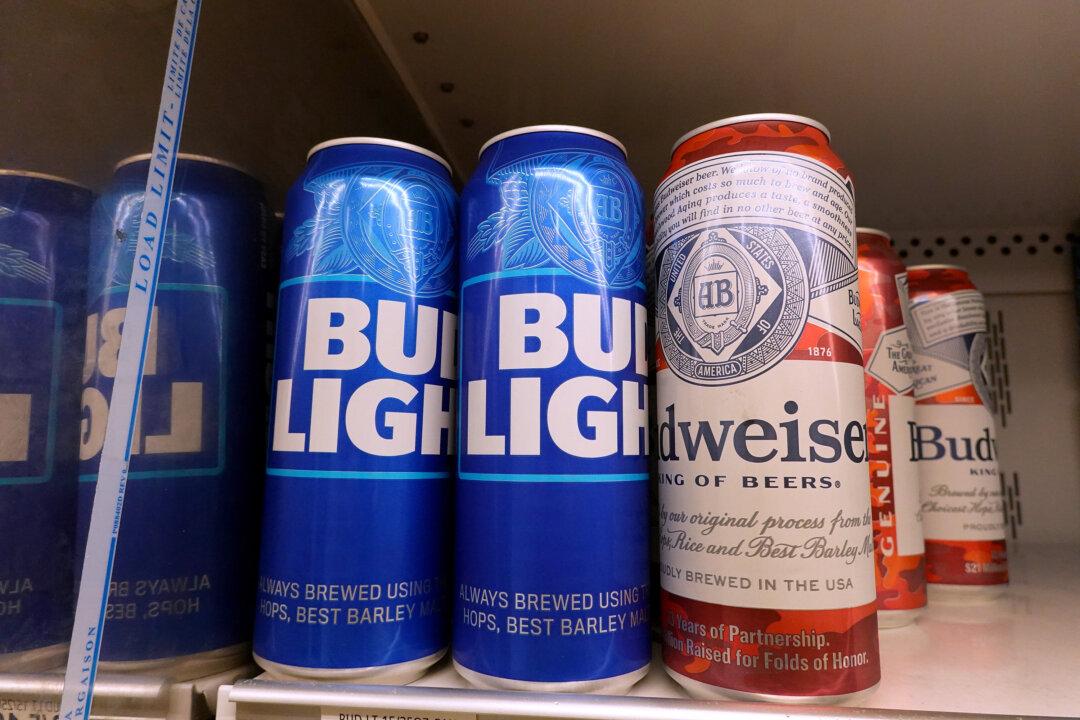An heir to the Anheuser-Busch fortune said the company’s disastrous marketing campaign featuring transgender TikToker Dylan Mulvaney, a move that led to massive decline in Bud Light beer sales, would make his ancestors “roll in their graves.”
In an Aug. 4 interview with TMZ, 63-year-old Billy Busch discussed his new book on the Busch family legacy. He said that the company’s founding generation, including family patriarch Adolphus Busch, would never force something as personal as sex and gender onto customers.





